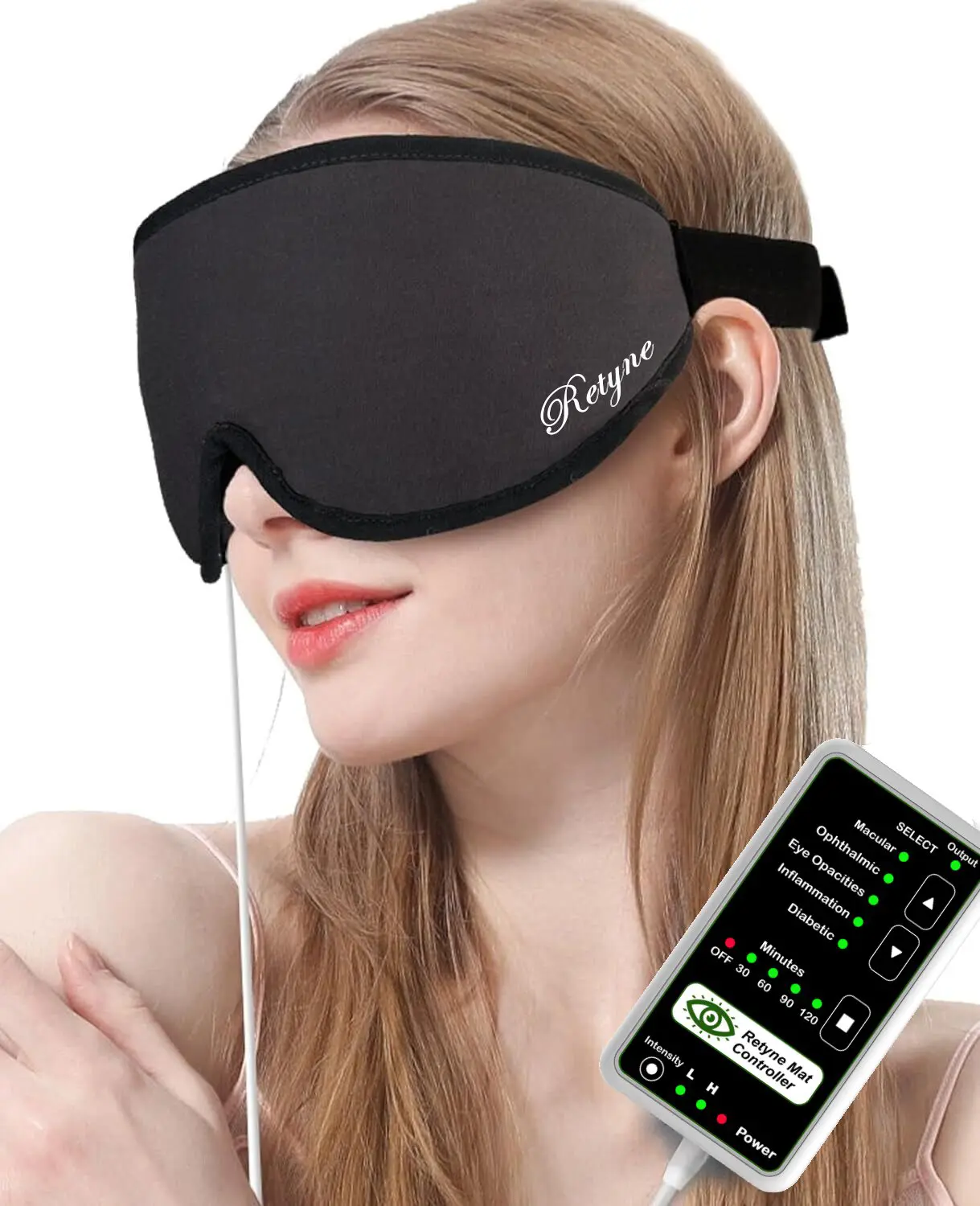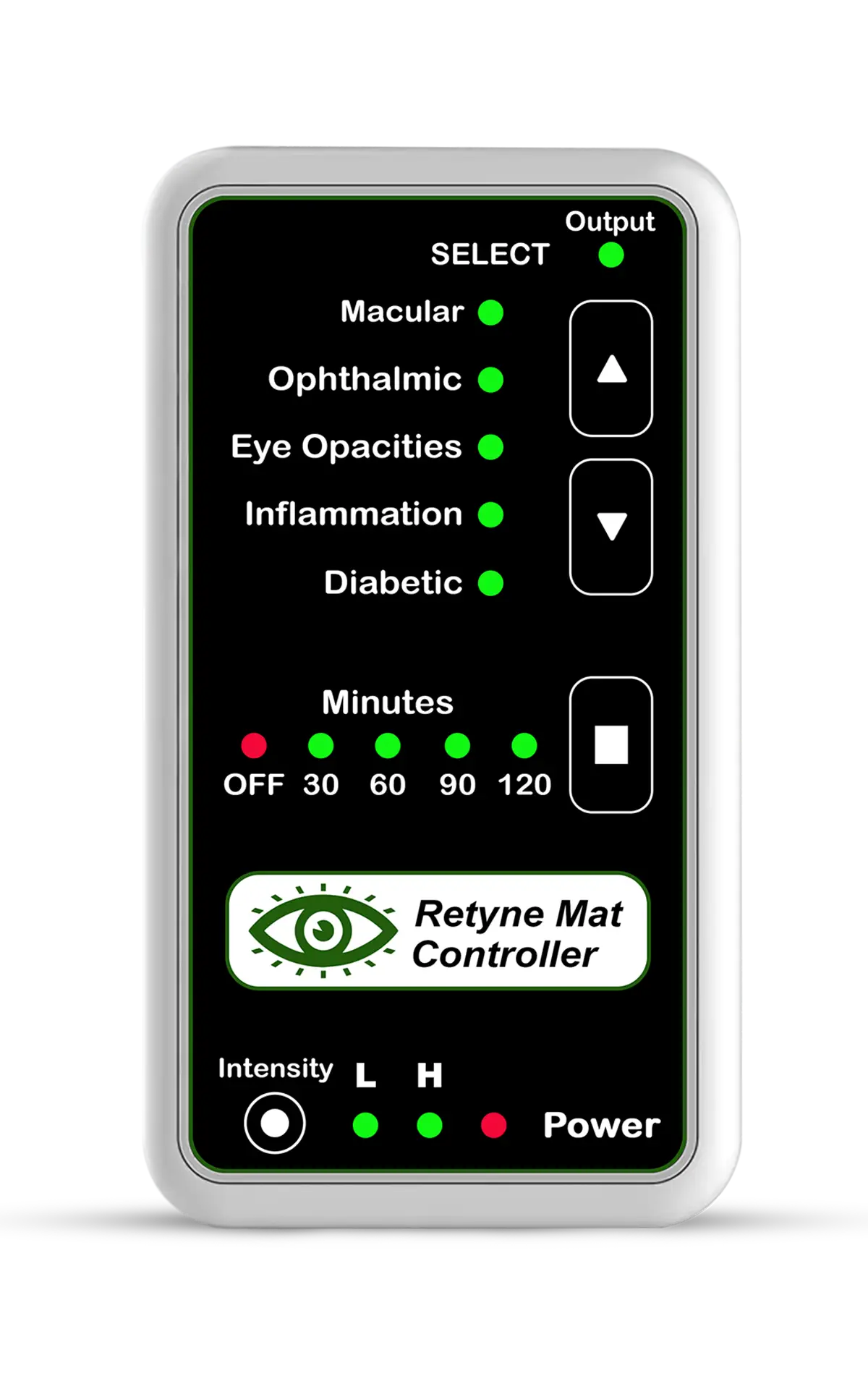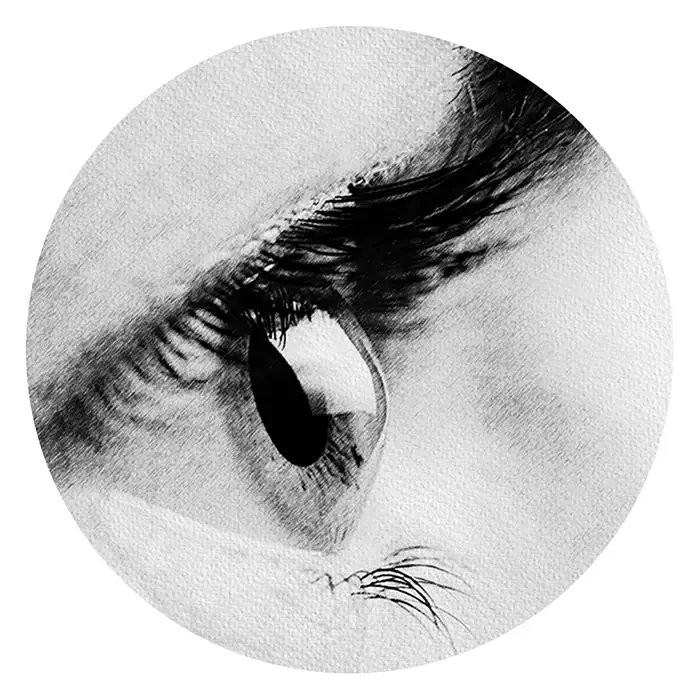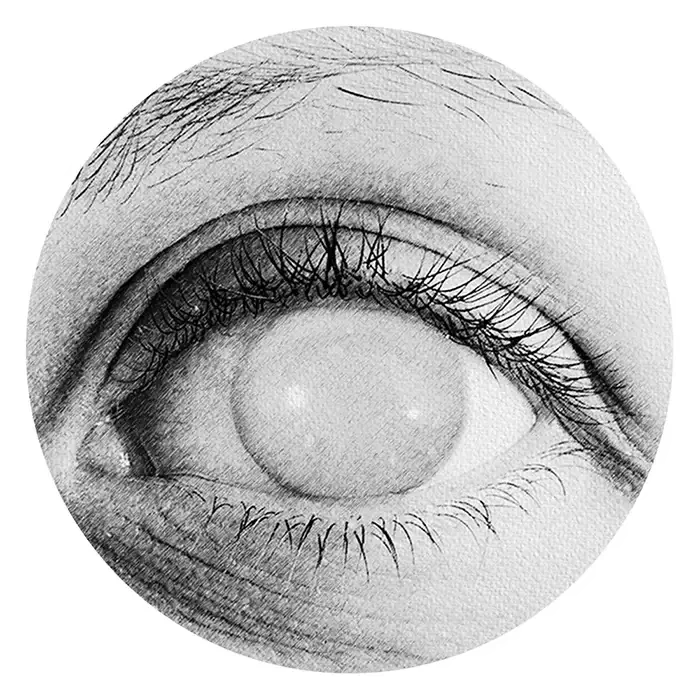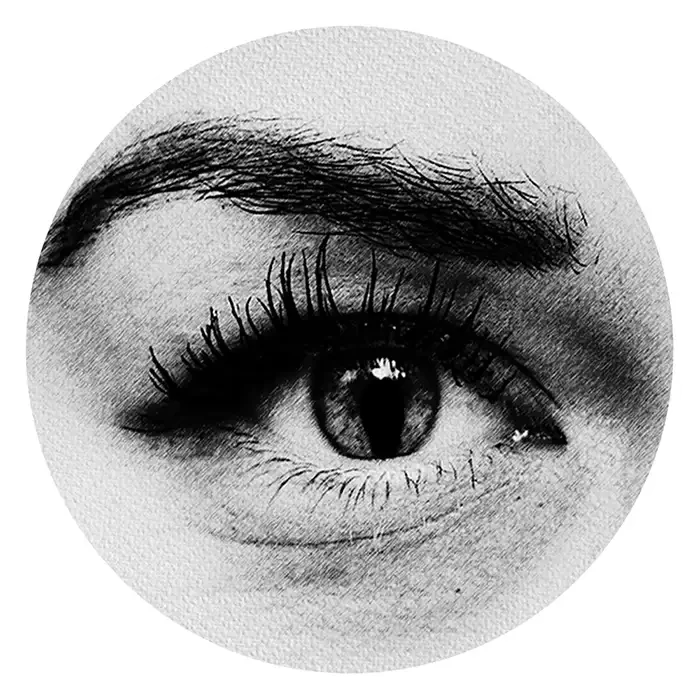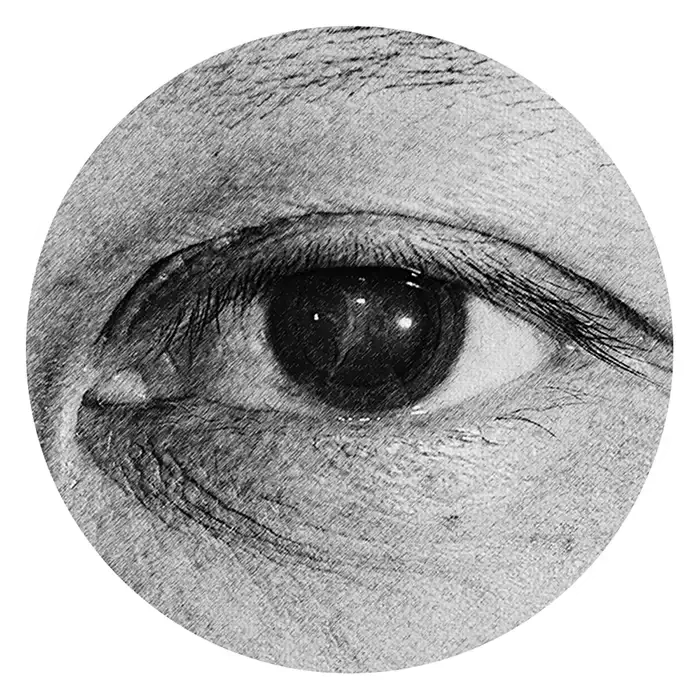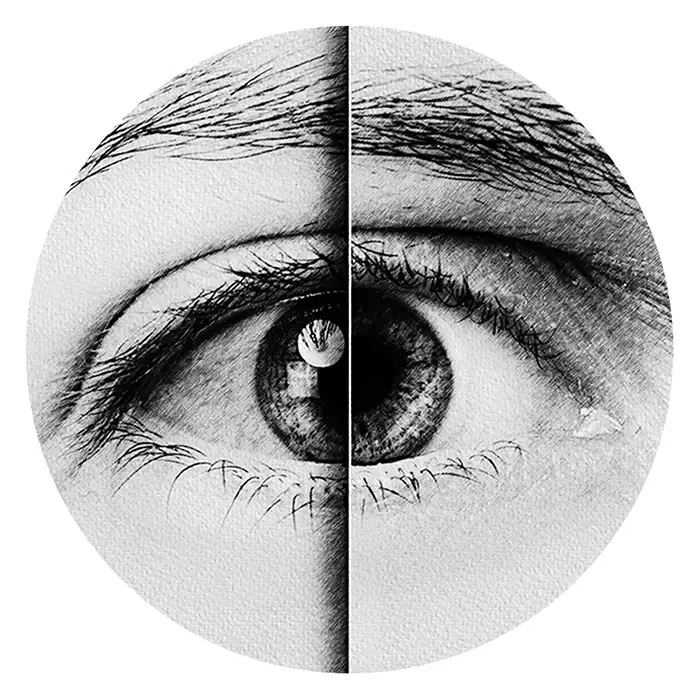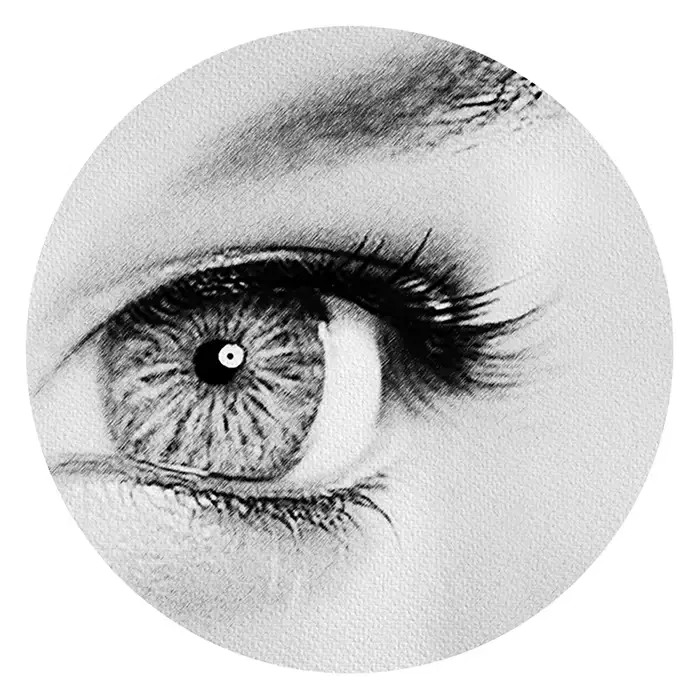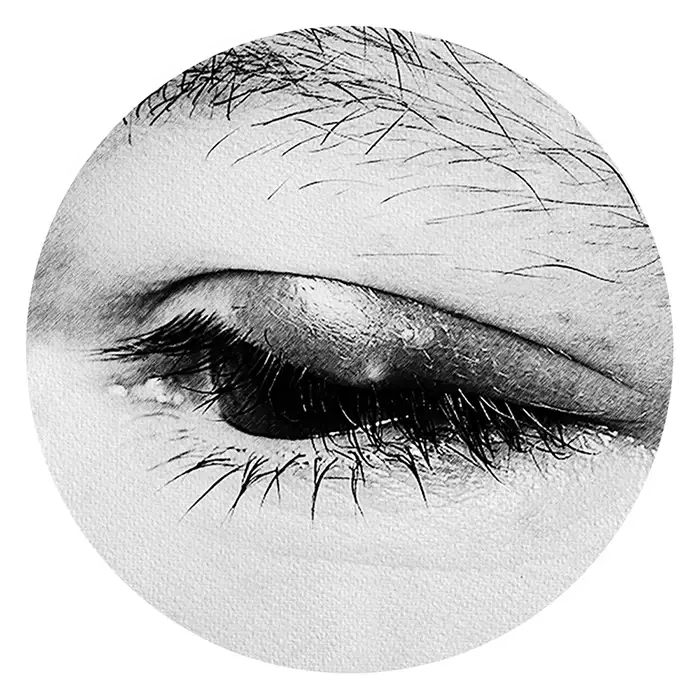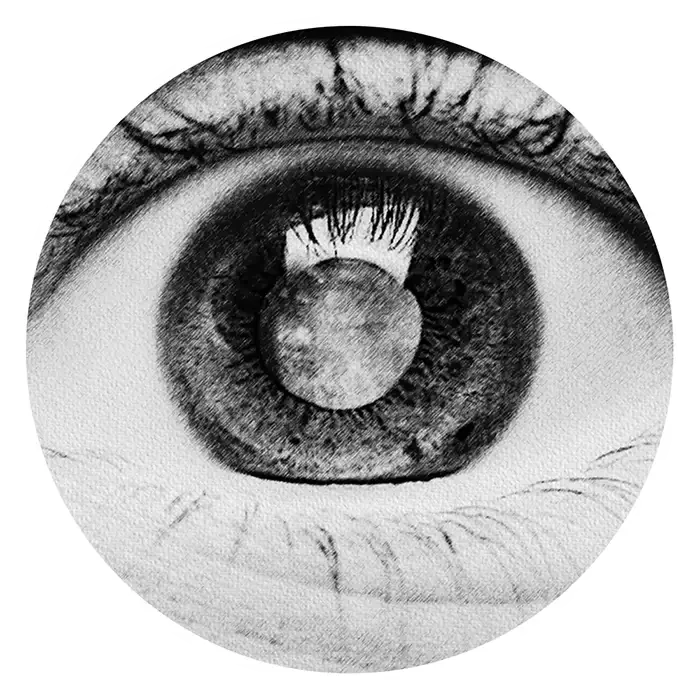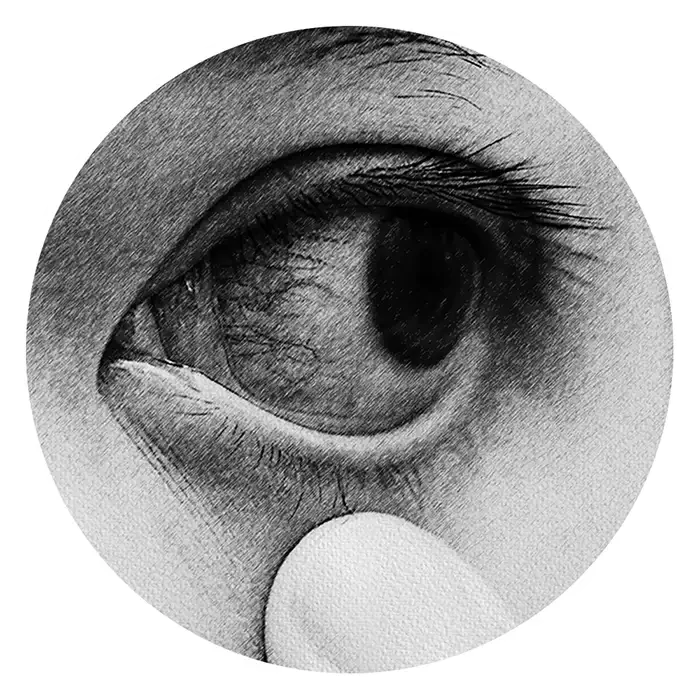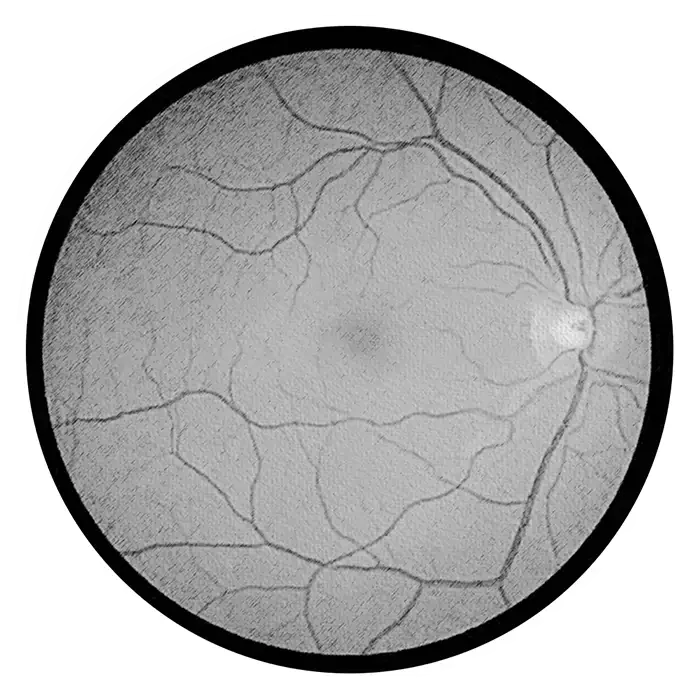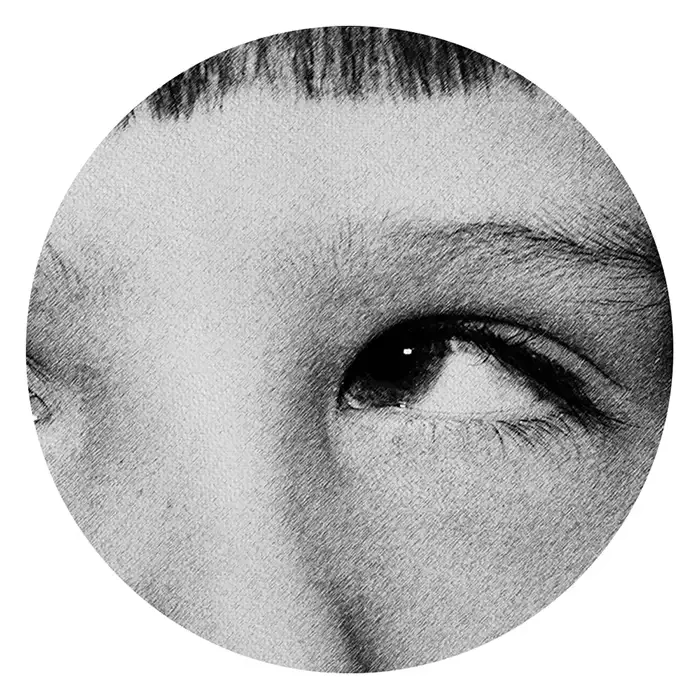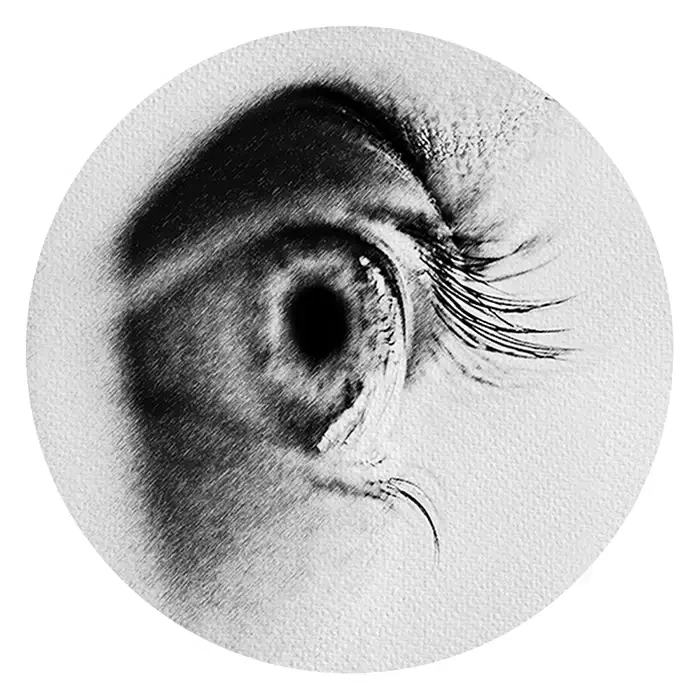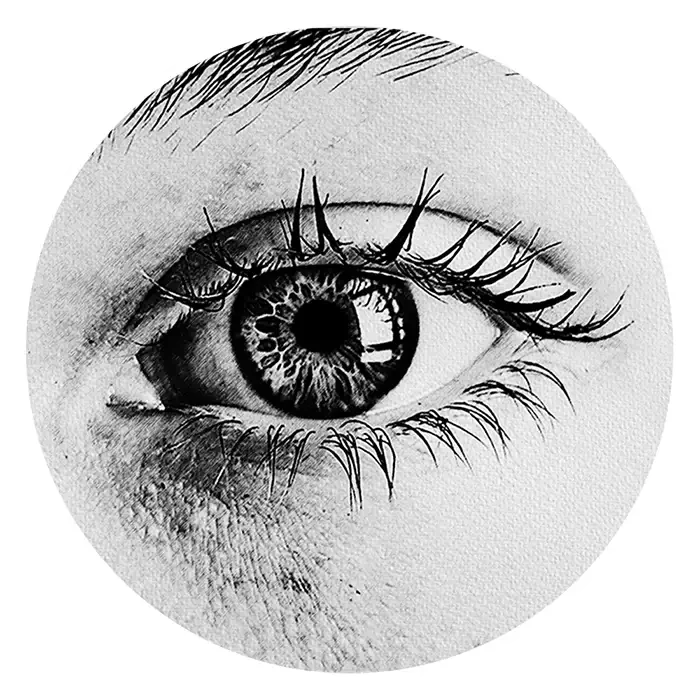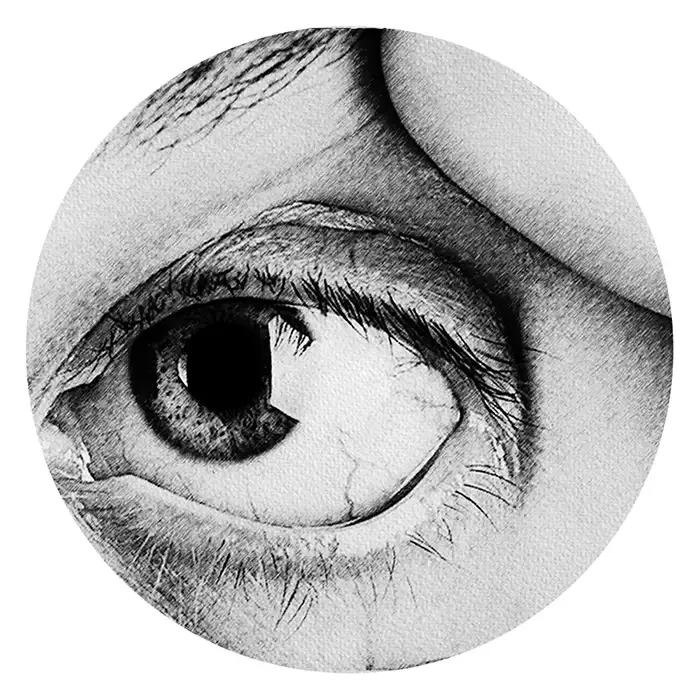Navigating Myopia (Nearsightedness) and the Promise of Infrared Light Therapy
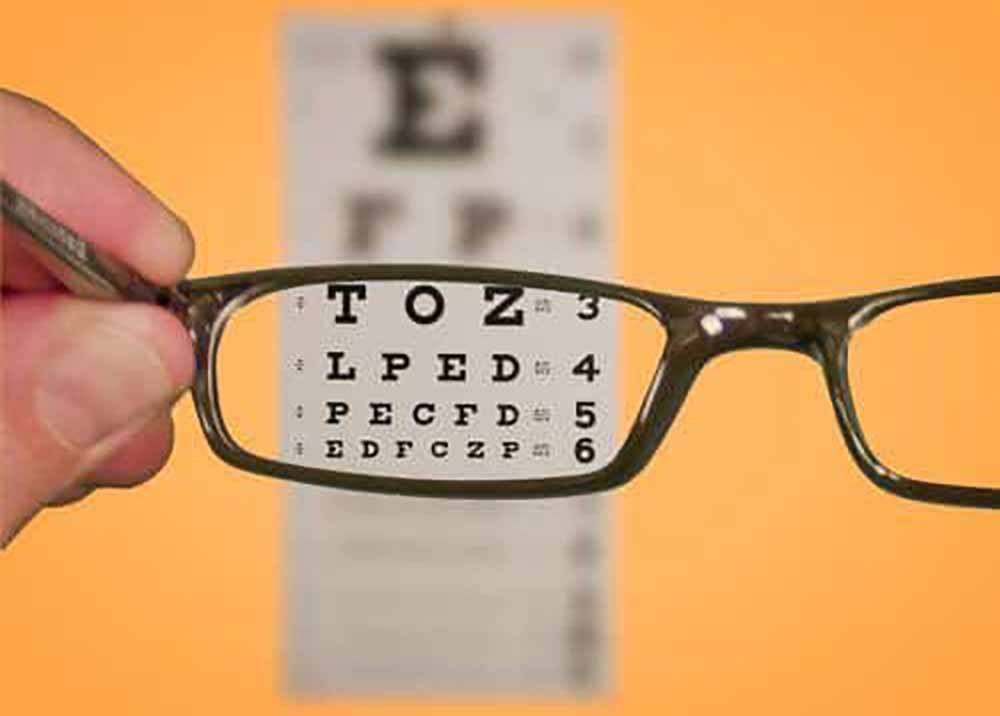
Myopia, commonly referred to as nearsightedness, is a refractive error that causes distant objects to appear blurry while close objects remain clear. This condition occurs when the eyeball is too long or the cornea is too curved, causing light rays to focus in front of the retina instead of directly on it. There are various types of myopia, including simple myopia, where the eye is longer than normal, resulting in blurred distance vision; degenerative myopia, characterized by progressive elongation of the eyeball and increased risk of complications such as retinal detachment and glaucoma; and induced myopia, which can result from factors such as excessive near work or prolonged screen time.
Diagnosis of myopia involves a comprehensive eye examination by an optometrist or ophthalmologist, including visual acuity testing, refraction assessment, and evaluation of the eye's anatomy and structure. Additional tests such as keratometry, corneal topography, or optical coherence tomography (OCT) may be performed to determine the degree of myopia and assess any associated ocular complications. Early detection and intervention are essential for managing myopia effectively and preventing potential vision-related complications.
The Retyne Infrared Eye Treatment Mask offers a potential therapeutic solution for managing the symptoms of myopia. Program #2 on the Retyne controller delivers invisible infrared light therapy directly to the eyes, targeting the underlying mechanisms contributing to myopia progression. By utilizing infrared light therapy, the Retyne mask aims to promote relaxation of the ciliary muscles, reduce eye strain, and improve visual acuity in individuals with myopia. This non-invasive approach provides a comfortable and convenient option for addressing the visual deficits associated with myopia, complementing traditional treatments such as corrective lenses, orthokeratology, or refractive surgery.
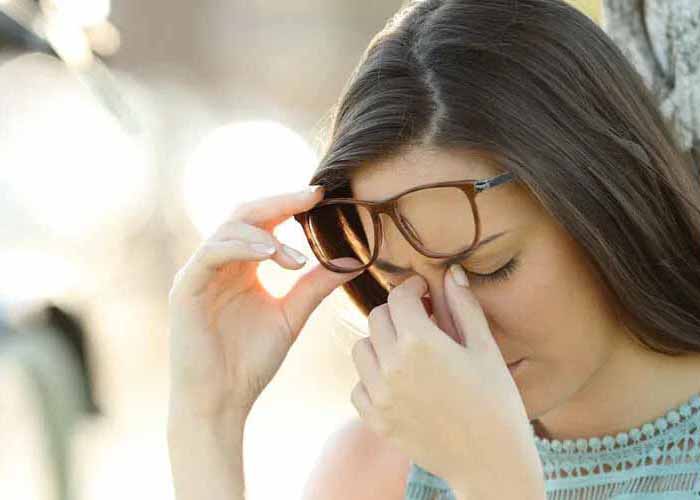
Through the utilization of program #2 on the Retyne controller, the Retyne mask delivers targeted infrared light therapy to the eyes, offering potential improvement in visual function for individuals with myopia. By harnessing the power of invisible infrared light, Retyne's innovative approach aims to mitigate the progression of myopia and optimize visual outcomes. Further research and clinical studies are necessary to fully evaluate the efficacy and long-term benefits of infrared light therapy in the management of myopia, but early evidence suggests that the Retyne Infrared Eye Treatment Mask holds promise as a valuable therapeutic tool in this context.
The Retyne eye treatment mask harnesses a series of frequencies (0.07, 0.12, 0.6, 0.87, 2.25, 22.5, 187.5, 396.5, 587.5, 696.5 ) specifically tailored for addressing Myopia (Nearsightedness). These frequencies have been carefully selected for their efficacy in managing and treating this condition.
Retyne's approach involves translating each frequency into invisible infrared light output, representing a novel integration of frequencies with light, a pioneering technology developed by Retyne Labs. This innovative method draws inspiration from the pioneering work of Dr. Rife, who identified specific frequencies with healing properties and utilized a light source for their transmission. Building upon current research on invisible infrared technology and leveraging past studies on light transmission via frequency sources, the Retyne eye treatment mask represents a fusion of cutting-edge advancements in the field.
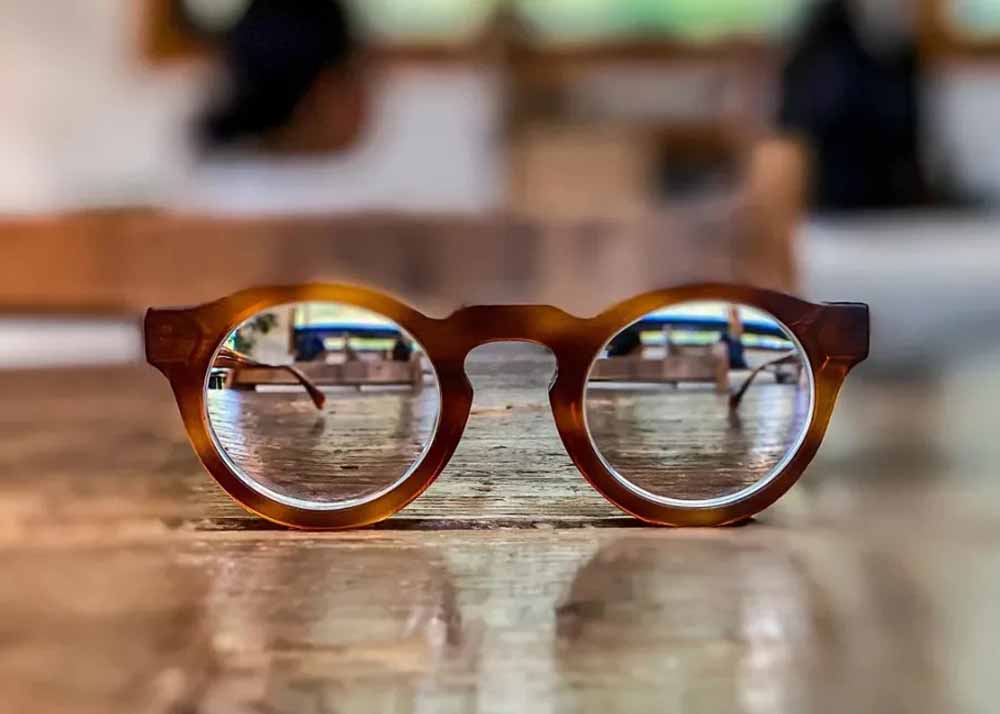
Moreover, for those utilizing advanced hardware such as the RDPV4, a secondary set of specific frequencies for Myopia (Nearsightedness) (0.15, 0.18, 0.8, 5.5, 33.2, 172.3, 471.2, 557.82, 603.44, 921.88 ) is available. The RDPV4 offers an expanded range of frequencies, finely calibrated to provide even greater precision in addressing Myopia (Nearsightedness). By incorporating this secondary set of frequencies, the RDPV4 elevates the potential therapeutic benefits of the Retyne eye Treatment Mask, catering to individuals seeking advanced solutions for their visual health needs.
Myopia (Nearsightedness) General Group exists at program 1233 on the International ETDFL frequency list
Myopia (Nearsightedness) Specific Group exists at program 2266: 0.15, 0.18, 0.8, 5.5, 33.2, 172.3, 471.2, 557.82, 603.44, 921.88
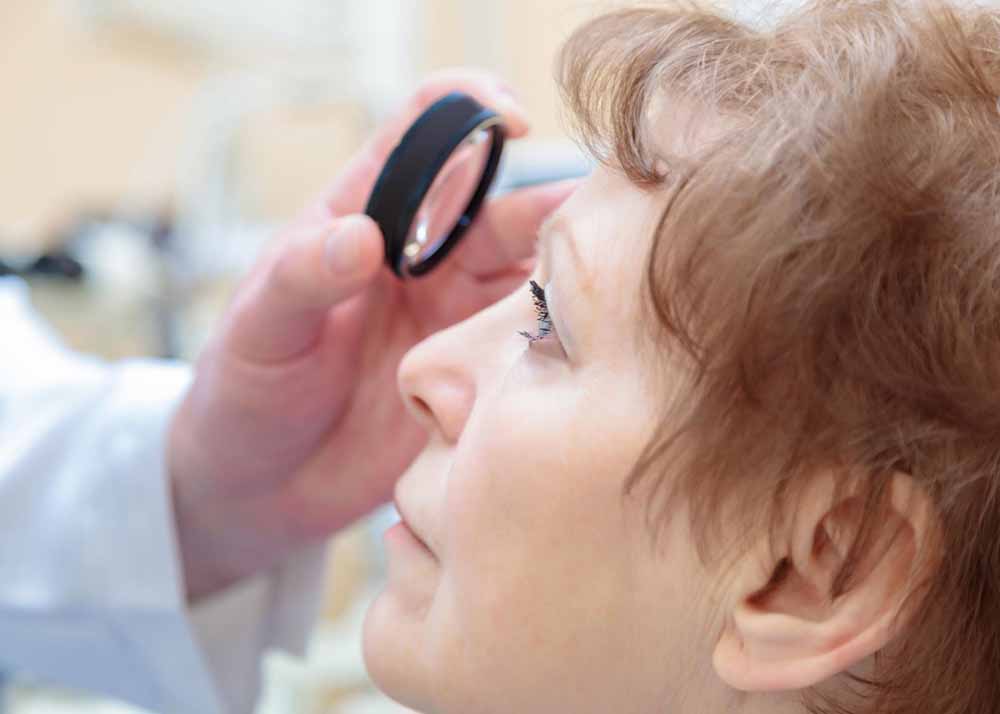
Compatibility
Standalone controller (Program #2) (Controller shipped with Retyne Eye Treatment Mask)
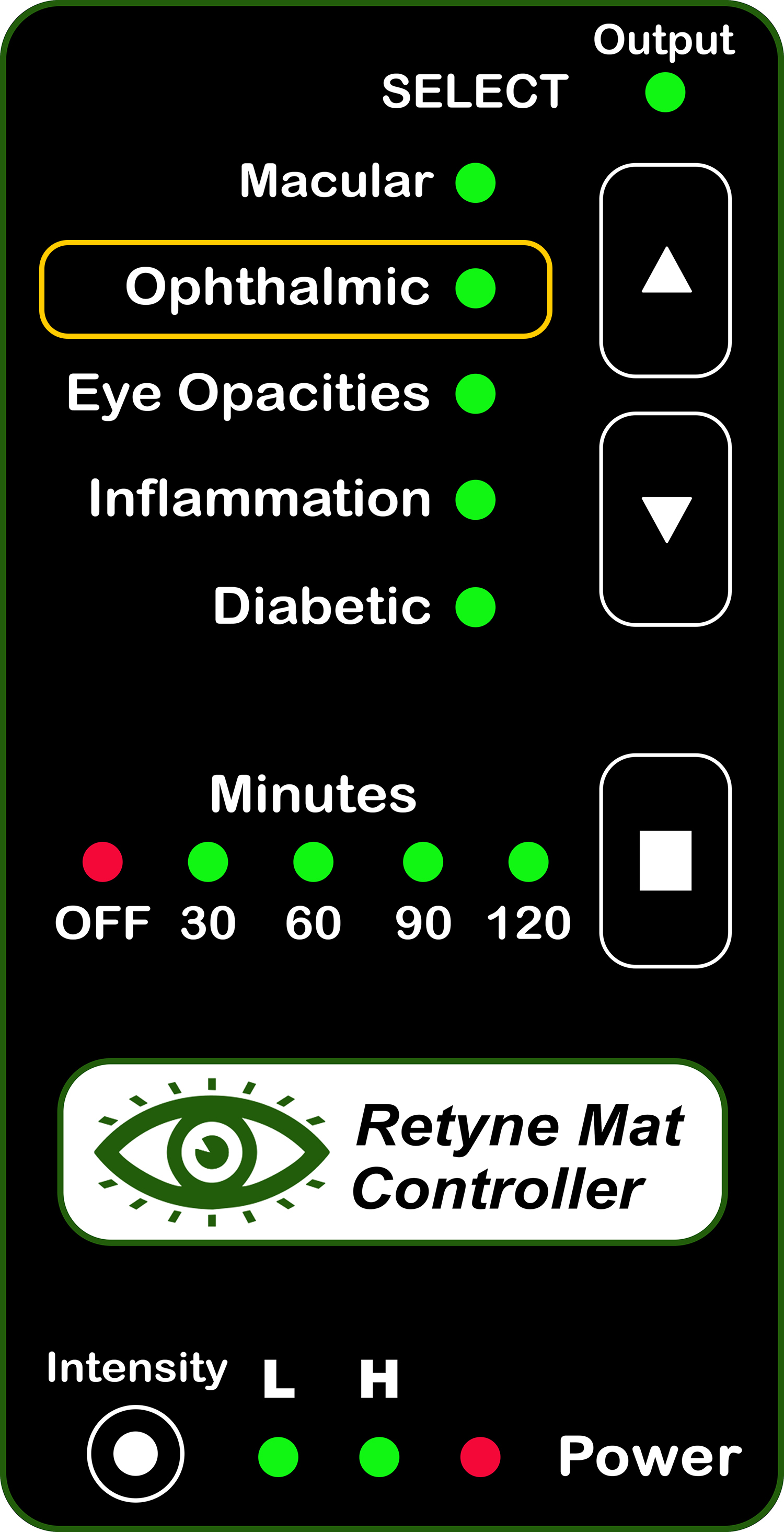
RDPV4 (Direct connect, use group 2266)
RDPV4 Light Mask Program button 2
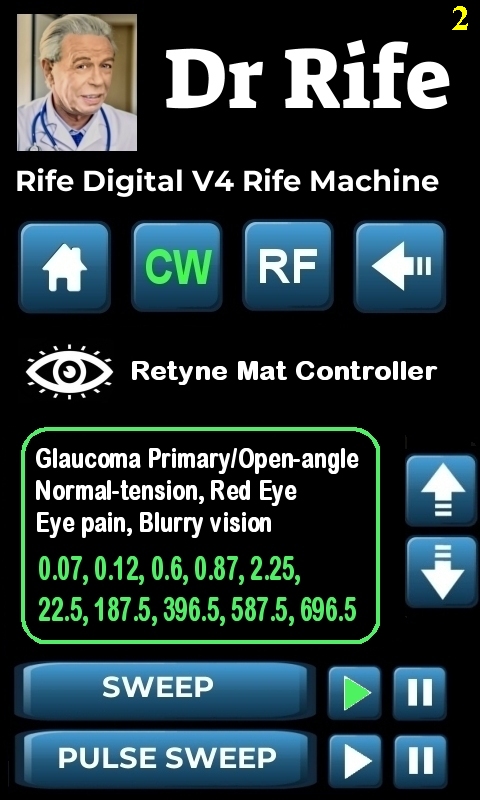
Click here for instructions on using the Retyne Mask + Controller
